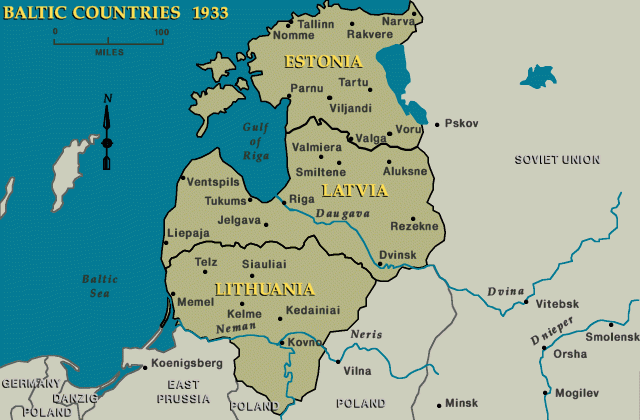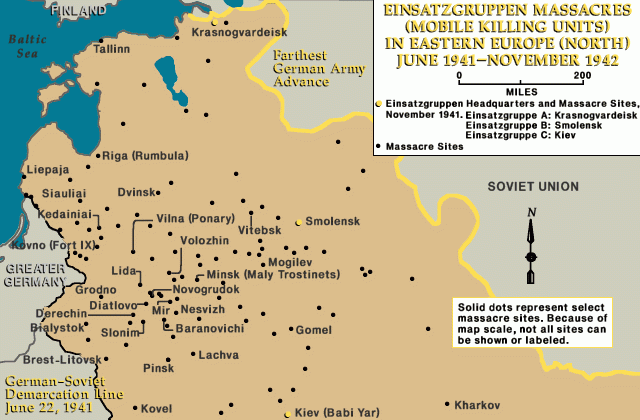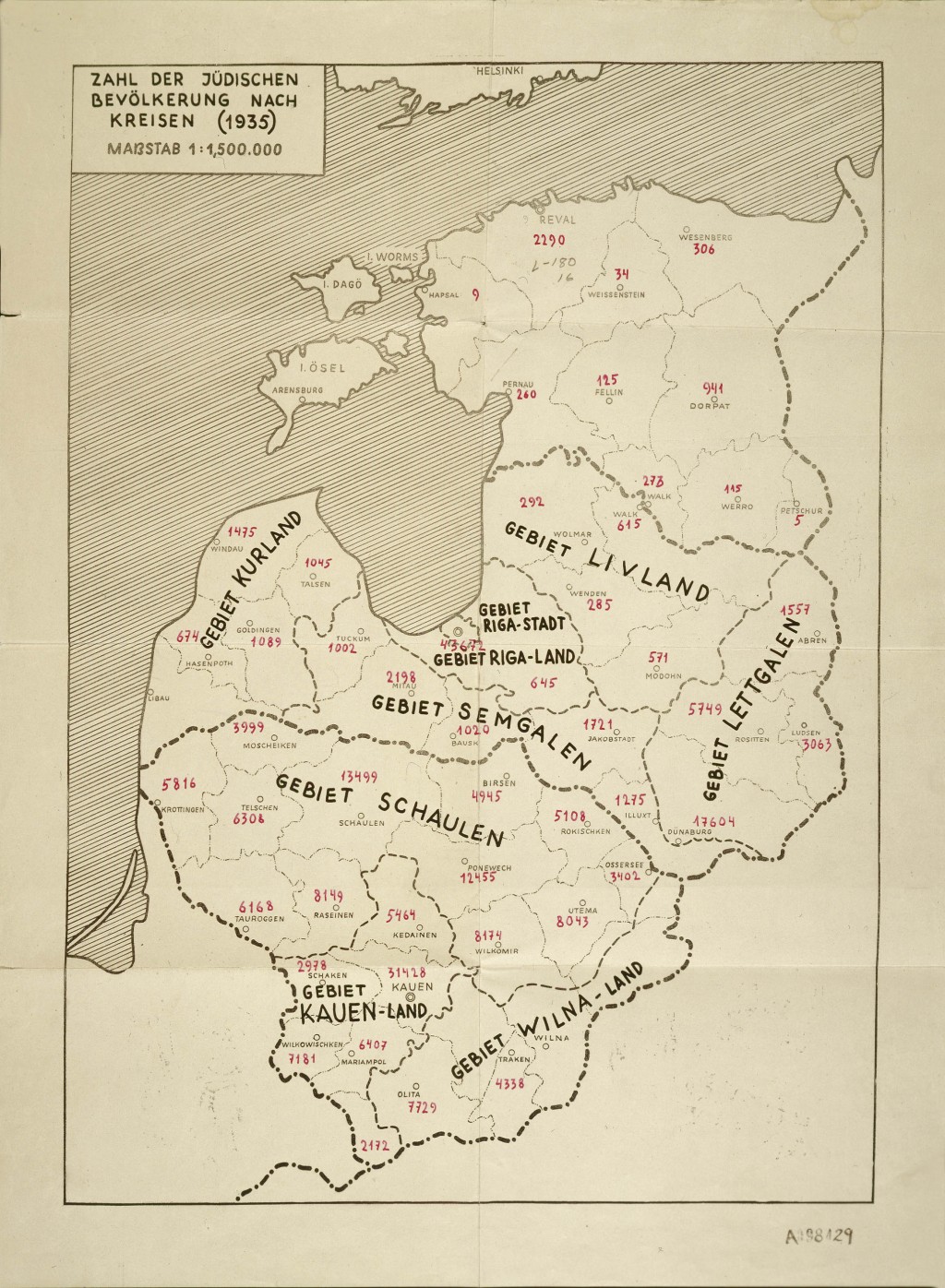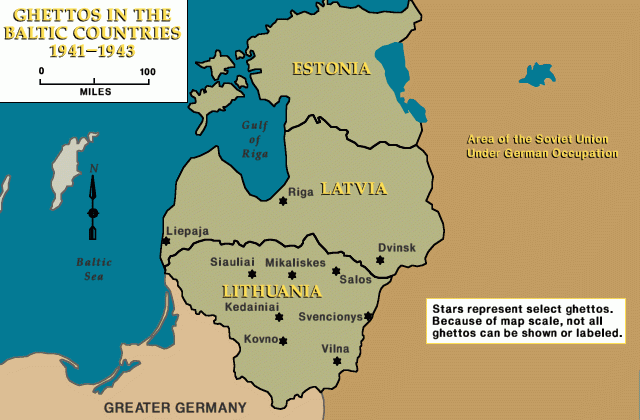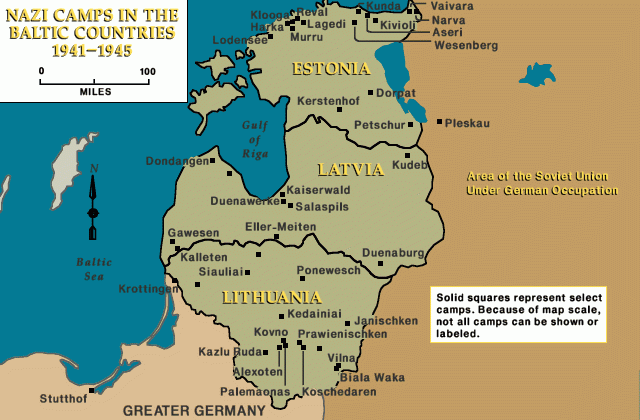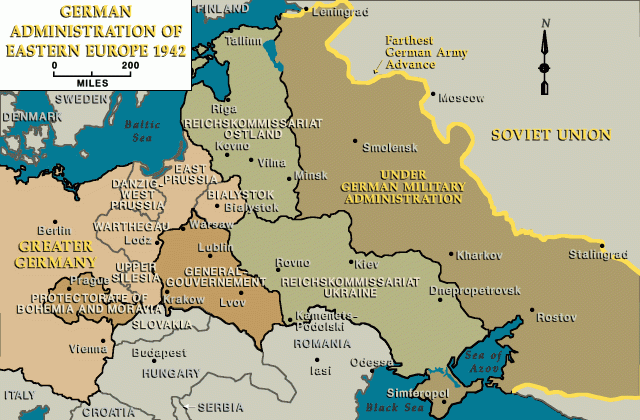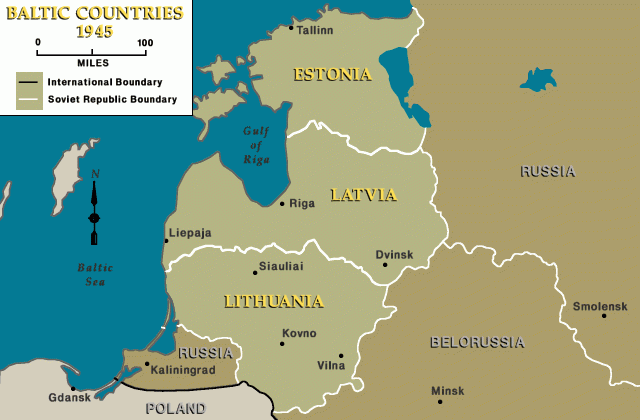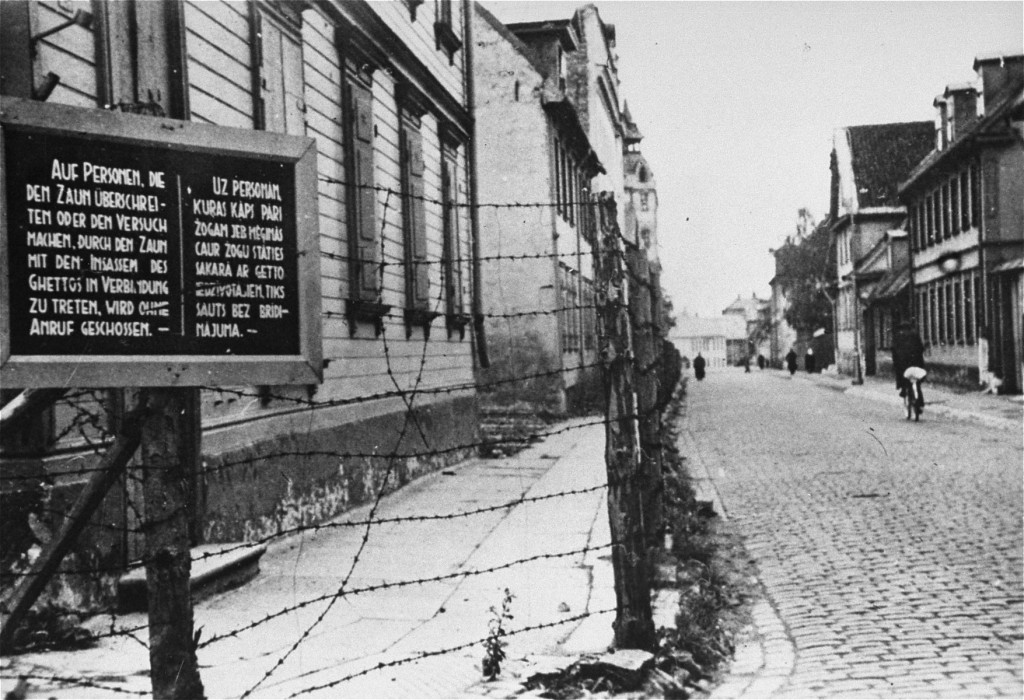
Latvia
Latvia is one of the Baltic states. It is situated between Estonia to the north and Lithuania to the south. Latvia was an independent republic between the end of World War I and 1940. In 1935, 94,000 Jews lived in Latvia, making up about 5 percent of the total population. Approximately half of Latvian Jewry lived in Riga, the capital. Latvian Jews were represented in all social and economic classes. There was a well-developed network of Jewish schools, with over 100 institutions.
The Soviet Union occupied Latvia in June 1940 and annexed the country in August 1940. In June and July 1941, following the German invasion of the Soviet Union, the Germans occupied Latvia. During the German occupation, Latvia was included in the Reich Commissariat Ostland (Reichskommissariat Ostland), a German civilian administration covering the Baltic states and western Belorussia.
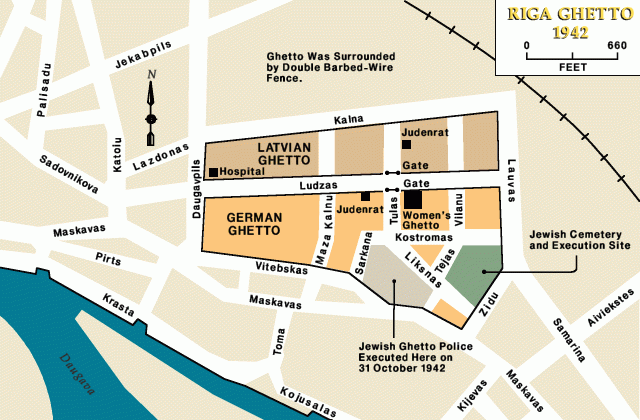
Detachments of German Einsatzgruppen, together with Latvian and Lithuanian auxiliaries, massacred most Latvian Jews. Ghettos were established in the larger cities of Riga, Dvinsk, and Liepaja. Several hundred Jews in the Riga ghetto organized resistance against the Germans. Small groups sought to escape from the ghetto.
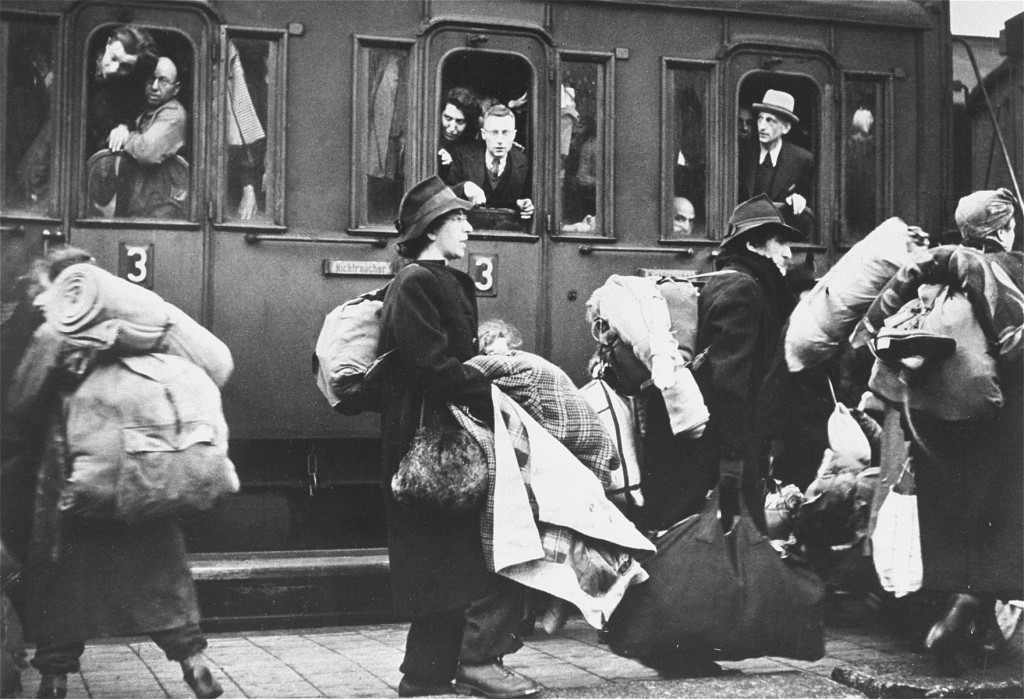
The Nazis deported thousands of German and Austrian Jews to the Riga ghetto in 1941 and early 1942. Einsatzgruppen and Order Police murdered most of them.
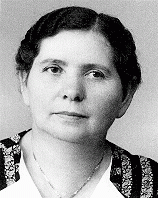
By the beginning of 1943 only about 5,000 Jews remained in Latvia. They were concentrated in the Riga, Dvinsk, and Liepaja ghettos and in a few labor camps. The largest of the camps was Kaiserwald, near Riga, which later was designated a concentration camp.
In 1944 the Soviet army reentered Latvia, which again became a Soviet republic. Only a few hundred Jews remained in Latvia. About 1,000 Latvian Jews returned to Latvia from the Nazi concentration camps; several thousand others who had escaped to the Soviet Union during the war also survived. However, the horrendous losses sustained during the Nazi Holocaust utterly devastated Latvian Jewry.
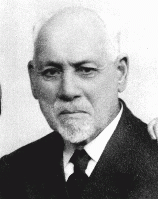
Critical Thinking Questions
- What factors might serve as precursors to mass atrocity and genocide?
- Explore the motives and pressures that led individuals to abandon their fellow human beings—or to make the choice to help. What questions are raised about the roles of professionals during this history?
- Are the events of the Holocaust commemorated in Latvia?
- How and why might anniversaries of historical events encourage reflection about the warning signs that led to the Holocaust?
- Learn about the history of the Jewish community in Latvia.


